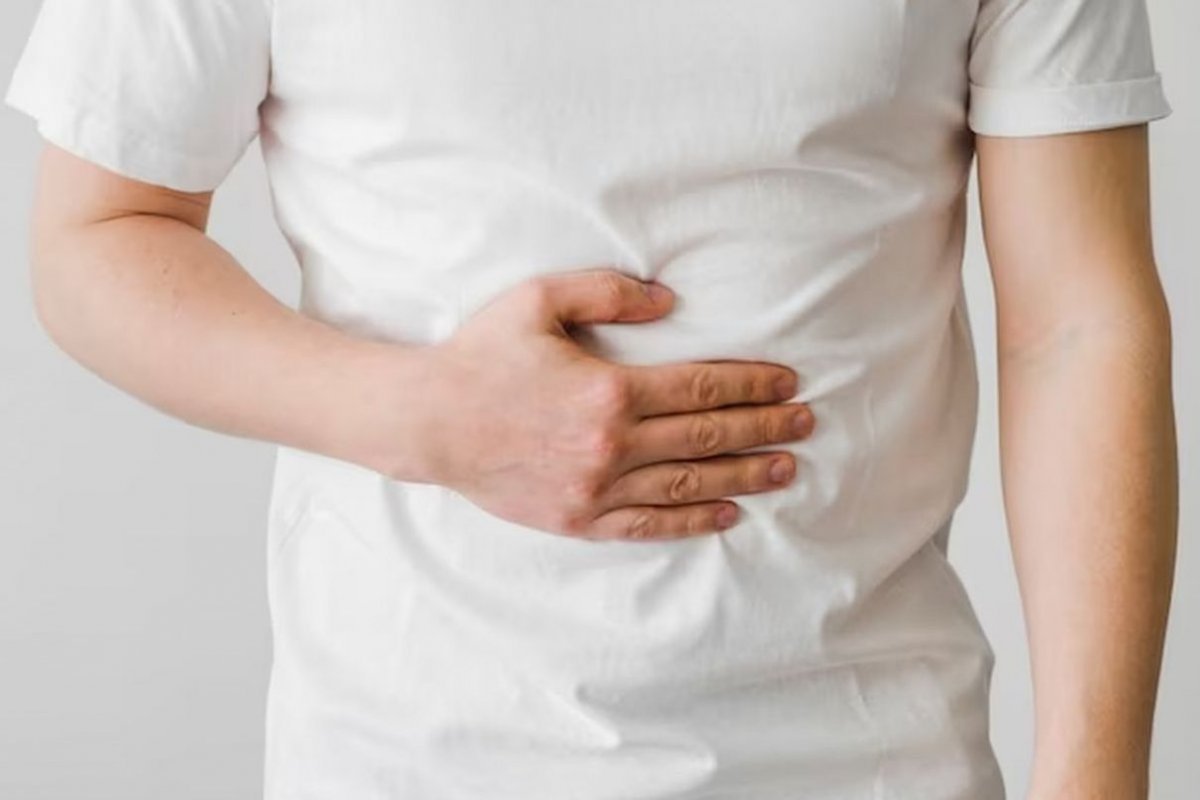
Gallstones are hardened accumulations of calcium and cholesterol. They can cause unusual symptoms if they block the flow of bile into the small intestine, such as pain after eating, nausea and vomiting.
Anyone can develop gallstones. Some people are at higher risk of developing stones than others. For example, women are twice as likely to develop gallstones as men.
Other risk factors for gallstones include:
- Age (over 40 years old)
- Birth control pills
- Family history
- Obesity
< li>Rapid weight loss
Five signs that gallstones have formed:
Abdominal pain
Biliary colic, or gallstone pain, is one of the main symptoms of gallstones. They cause bladder spasm if they get stuck on their way into the duodenum. You may feel a sharp pain in the upper right side of your abdomen.
The gallbladder is activated when you eat fatty foods. As a result, attacks often occur after eating, usually in the evening or at night. If you constantly experience pain after eating, especially fatty foods, this could be a sign of stone formation.
Nausea and vomiting
Another common symptom of gallstones is severe nausea, sometimes leading to vomiting.
Fever
An attack of gallstones may be accompanied by a low-grade fever, which indicates infection or inflammation of the gallbladder. We are talking about chills or sweating.
Jaundice
Jaundice can indicate a serious health problem, regardless of whether gallstones are the cause. In jaundice, surges of bilirubin—a yellowish substance in bile produced when the body breaks down old red blood cells—cause yellowing of the eyes and skin.
Sudden weight loss
Gallstones may not cause sudden weight loss directly, but they may accompany it. Obesity increases your risk of stones, and rapid weight loss can further increase your risk.
The liver produces bile that contains high cholesterol if you don't eat for a long time or if you lose weight suddenly. As a result, sudden weight loss can stimulate the formation of stones.
People who have recently had weight loss surgery, such as gastric bypass, have a higher risk of developing gallstones than others. So do those who adhere to strict low-calorie diets.
Studies have shown that more than 80% of people with gallstones have no symptoms, writes The Health.
Read also: Oncological surgeon Karasev called lack of strength a possible sign of cancer
You can also read: Gastroenterologist Vyalov warned about the special danger of beer for the stomach
Read further: Doctors called a constantly bloated stomach the main sign of the “silent” type of cancer
